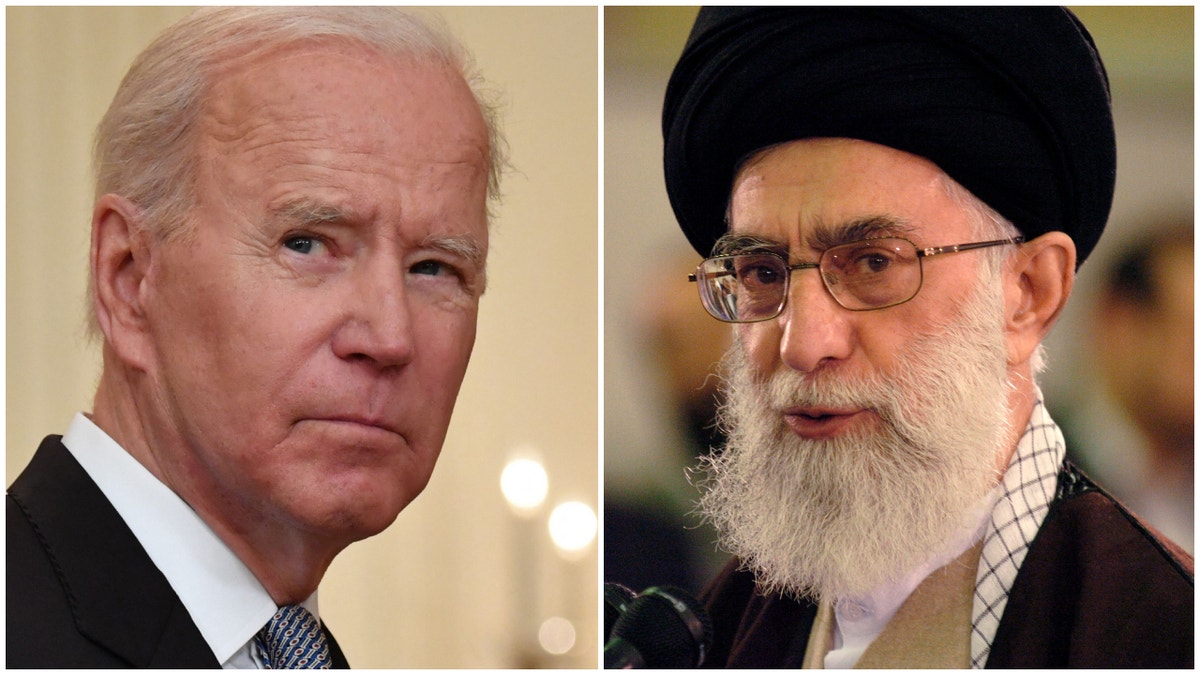The Bahá’í Faith, a relatively young religion emerging in the mid-19th century from the fertile grounds of Persia, has endured a tumultuous history fraught with persecution. The faithful members, characterized by an unwavering commitment to principles of unity and peace, have particularly suffered in Iran, where state-sponsored campaigns have instigated relentless waves of oppression. This article delves into the abhorrent realities of anti-Bahá’í sentiments that echo the nefarious undertones of Nazi-inspired ideologies, manifesting themselves through systematic assaults designed to quash the spirit of a vibrant community.
To grasp the current scenario confronting Bahá’ís in Iran, it is imperative to comprehend the undercurrents of the historical context. The early church of the Bahá’í Faith witnessed the murderous whims of the state, as the nascent believers were labeled heretics, subjected to exiles and executions. This systemic persecution aligns ominously with the ideologies professed by Nazi Germany, where the rejection of the “Other” became a catalyst for widespread, sanctioned violence.
In contemporary Iran, acts of aggression towards Bahá’ís often resemble the bureaucratic mechanisms of oppression utilized during the Holocaust, characterized by state condemnation and systematic dismantling of rights. The targeted vilification rests on the bedrock of a deeply entrenched theocratic mindset that perceives the Bahá’í Faith as a profound threat to the Islamic state narrative. Such accusations morph into rationalizations for violence, mirroring the propaganda that fueled historical despots. The dissonance between the teachings of the Bahá’í Faith, which promote cooperation and coexistence, and the actions against its adherents underscores a complex psychological tapestry woven with hate and fear—a dichotomy that compels examination.
As the Iranian regime orchestrates its campaign against the Bahá’ís, it employs tactics reminiscent of those used in genocidal endeavors. Much like the Nazi-led efforts to dehumanize Jewish communities, the Iranian government disseminates fallacies to invalidate the very essence of Bahá’í existence. The regime’s narrative, steeped in defamation, propagates the notion that Bahá’ís are subversive agents rather than peaceful citizens with a transformative vision for humanity. Consequently, this sparks a ripple effect within society, engendering an atmosphere of fear and hostility, corralling ordinary citizens into an unwilling complicity.
The legislative landscape of Iran further exacerbates the plight of Bahá’ís; laws enacted under the guise of protecting Islamic values serve as a facade for systematic extraction. Educational spaces are largely denied, rendering Bahá’í youth devoid of avenues for intellectual growth—essentially a “cognitive genocide.” The Baha’i community’s commitment to education, a divine principle they hold sacred, encounters a pernicious resistance that stifles potential contributions to society. The irony here is palpable, as oppressive regimes ensnare themselves in a paradox: in striving to dismantle the Bahá’í identity, they presage their own moral degradation.
Moreover, property confiscations constitute another grotesque manifestation of state-sponsored hostility. Properties belonging to Bahá’ís are seized under the pretense of legal sanction, revealing a calculated endeavor to eradicate the socio-economic fabric of their communities. Financial ruin begets further marginalization, fueling cycles of despair and disenfranchisement—a profound reflection of the deep-seated xenophobia underpinning this campaign. Here lies the treacherous interplay of wealth, power, and religious intolerance: a powerful testament to how socio-economic control can precipitate spiritual obliteration.
Nevertheless, within the vortex of persecution, the Bahá’í community demonstrates remarkable resilience. This endurance, born of unwavering faith in principles of justice and unity, starkly contrasts the oppression faced. The Bahá’í teachings champion the ideal of challenging oppression through peaceful means, fostering an ethos of dialogue and reconciliation rather than retaliation. In the face of adversity, the community epitomizes the notion of love prevailing over hate, often finding profound strength in their faith-driven commitment to serve humanity.
A memorable metaphor employed within the Bahá’í discourse is that of the “lighthouse”—a symbol of guidance amidst the stormy seas of human turmoil. This imagery resonates deeply in the context of Iran’s tumultuous socio-political landscape. The Bahá’í community, serving as a lighthouse, illuminates pathways of hope even in the darkest of circumstances. It manifests in their philanthropic efforts to aid not only fellow Bahá’ís but those affected by issues of poverty, illness, and educational deprivation, thus reinforcing the interconnectedness of humanity.
When dissecting Iran’s Nazi-inspired campaign against Bahá’ís, one cannot ignore the implications such actions bear on global human rights dialogues. The international community, tasked with the imperatives of justice and universal abhorrence of inhumanity, must unite to bring attention to these atrocities. Ignorance breeds complicity, allowing the tragic narrative of Bahá’í suffering to linger in shadows, devoid of recognition. By elevating the voices of the oppressed and recounting their stories of resilience, we forge a communal bond that transcends religious lines, evoking an overarching craving for justice.
In conclusion, the journey towards understanding the intricate dynamics of the Bahá’í experience in Iran against the backdrop of historical and contemporary repressions helps illuminate broader patterns of intolerance that persist in various forms worldwide. A world that aspires toward peace can scarcely afford to ignore the teachings of a faith that encapsulates the values of love, unity, and justice. As the Bahá’í community continues to endure, let their tenacity serve as a clarion call for vigilance against oppression, catalyzing a collective pursuit of hope, tenacity, and, ultimately, the unwavering quest for freedom.
